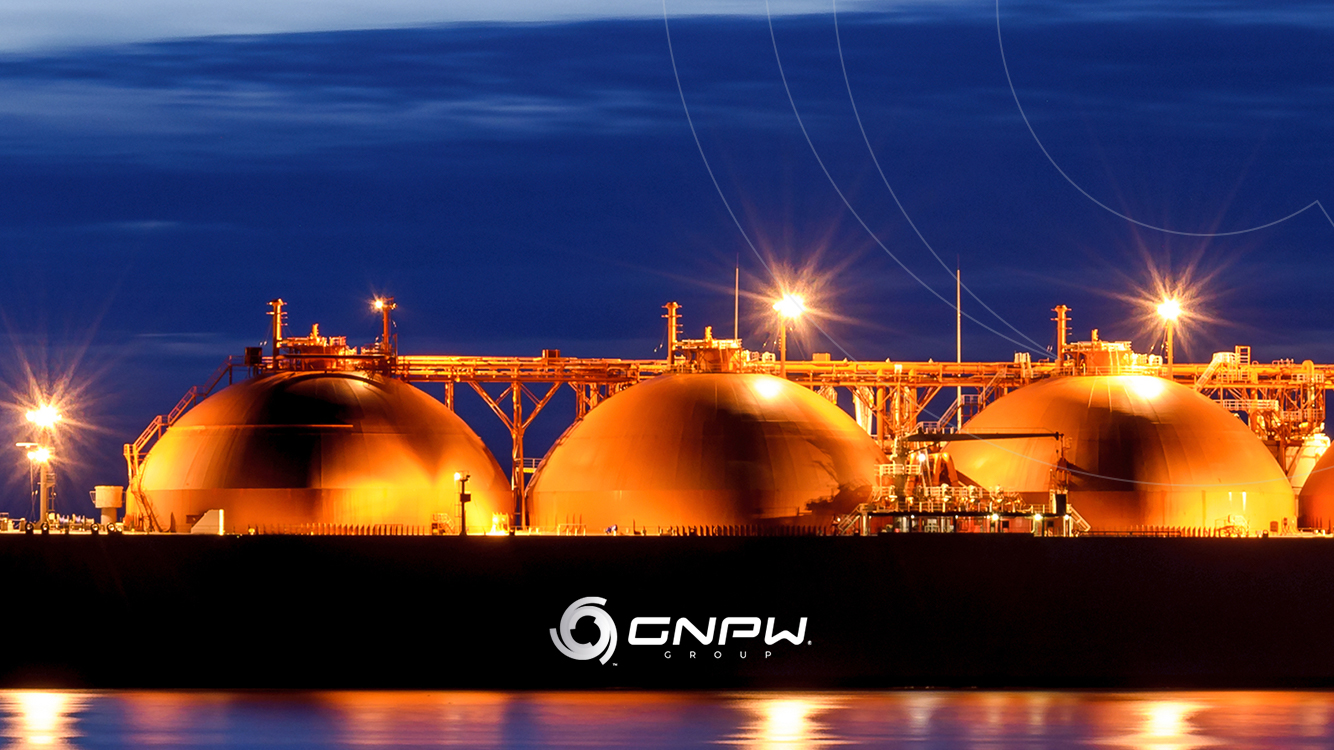Liquefied natural gas (LNG) has several benefits, including savings and reduced emission of polluting gases. Read and understand better!
The natural gas industry was born and developed regionally due to its own technical and economic characteristics. With technological advances, it was possible to expand this production through Liquefied Natural Gas.
Liquefied Natural Gas (LNG) is produced from a cryogenic process, in which the gas is filtered and cooled to a temperature of -163ºC. This is done to facilitate storage and transport, reducing its volume by up to 600 times.
The infrastructure required to adjust the operation of natural gas is very specific and has a high cost. Thus, LNG liquefaction and transportation projects appear as options to make resources feasible and facilitate transportation over long distances, including between countries.
To better understand this feature and its benefits, read the content till the end.
What are the advantages when using Liquefied Natural Gas?
Technological advances have resulted in the improvement of techniques for cooling natural gas to cryogenic temperature. Thus, LNG is the result of this technique, which condenses methane gas. Liquefied natural gas has a concentration of 85 to 95% methane and is not corrosive or toxic. See the advantages of using it.
Operational
The purity of liquefied natural gas guarantees the absence of contaminants and improves the burning. As a consequence, there is a greater efficiency in the combustion process. In addition, even if the gas fields are concentrated on the coast of the country, LNG can be transported in cryogenic trucks throughout Brazil.
Financial
On the financial side, this resource has competitive costs when compared to other fuels, such as liquefied petroleum gas, diesel and ethanol. According to the study carried out at the Research Center for Gas Innovation (RCGI), in the city of São Paulo, LNG can be up to 60% cheaper than diesel. In addition, its combustion efficiency is higher than other fuels, which gives gains in processes and increases productivity.
Environmental
One of the advantages of this feature is that it has low levels of emissions compared to other fuels. It can reduce CO2 emissions by up to 5.2% – a measure used to compare the warming potential of various greenhouse gases—. In addition, there is no need for large structures for its generation, that is, there are no major environmental impacts in its implementation.
Safety
In addition to all the benefits mentioned, liquefied natural gas is safer than other gas options. As its density is lower, in the event of a leak, it is easier for it to disperse, minimizing the risk of accidents by ignition.
Thus, we can see that liquefied natural gas is a resource that represents an ecological and economical solution, mainly for industries and heavy vehicles. After all, it is a good substitute for diesel.
Therefore, this fuel has high efficiency, being a great option to generate heat and energy in industries and in the automotive segment. With these differentials, it becomes a competitive option against other resources, attracting more and more investments in the area. If you are interested in the subject and want to understand it better, see what the role of this energy matrix in Brazil is.

Comment